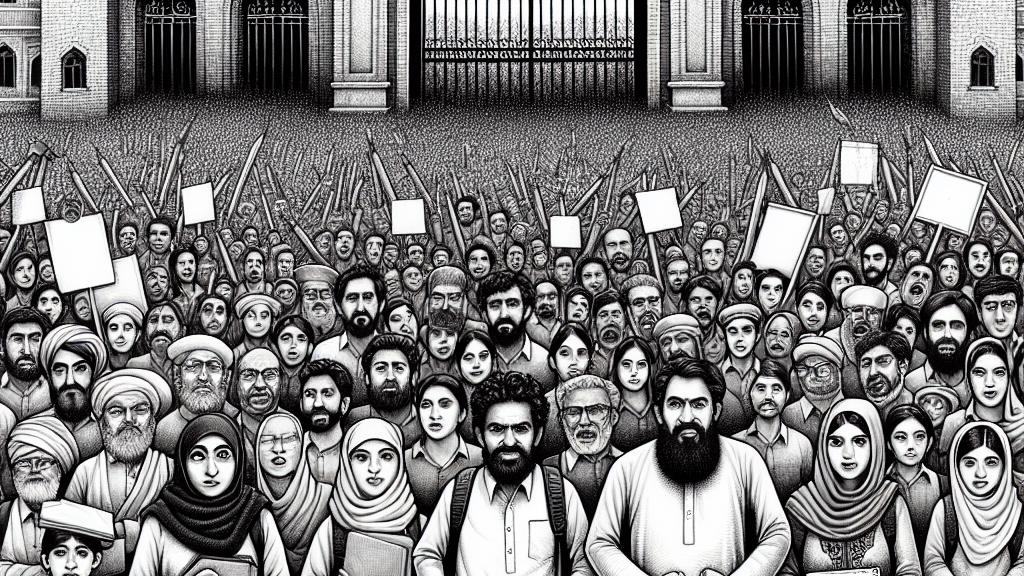Khyber Pakhtunkhwa Teachers Plan Strike Amid Education Crisis in Pakistan
Overview
- Over 139,000 teachers in Khyber Pakhtunkhwa prepare for a landmark strike on October 7, demanding critical salary upgrades.
- The strike will force the closure of over 25,000 primary schools, creating educational disruptions for thousands of children.
- Pakistan is currently facing a severe education crisis, with nearly 25.3 million children out of school, especially affecting girls in rural areas.

The Teachers' Bold Move
In a striking display of unity, more than 139,000 primary school teachers in Khyber Pakhtunkhwa are gearing up for a momentous strike set for October 7. This decisive action stems from their frustration over the government's continuous neglect regarding crucial salary upgrades that have long been promised but never delivered. The All Primary Teachers Association (ATPA) stands at the forefront of this protest, orchestrating not just a simple strike but a united front to lock schools and stage demonstrations throughout the province. This pivotal gathering represents much more than a fight for pay; it's a clarion call for accountability within the educational system, shedding light on the pressing need for reform and respect for the teaching profession.
Widespread Impact on Students
The impact of this strike looms large, with predictions of over 25,000 primary schools coming to a standstill, effectively halting the education of hundreds of thousands of children. Visualize bustling classrooms turning silent, with teachers absent, leaving eager students without guidance. The dire situation in Pakistan is already characterized by staggering statistics: approximately 25.3 million children are currently out of school—a troubling figure representing about 36% of all school-age children. In rural regions, the scenario is even bleaker, particularly for girls, who face societal biases and economic hardships that limit their access to education. Reports show that in some areas, fewer than 40% of girls are attending school, stifling their potential and future opportunities. This impending strike raises urgent questions about educational equity as it could further widen existing gaps in schooling access.
Confronting Systemic Issues in Education
The unfolding educational crisis in Khyber Pakhtunkhwa reveals deep-seated systemic issues that urgently require solutions. Gender disparity stands out starkly; many reports indicate that girls in rural settings are often denied educational opportunities due to cultural norms and economic obstacles. A striking example is the Newly Merged Districts (NMDs), where schools for girls are scarce, with only a mere 37% enrolled at the primary level, highlighting a long-standing issue that cries for attention. Moreover, infrastructural deficits, including inadequate transportation options and unsafe learning environments, exacerbate the challenges faced by students. This situation not only threatens the future of a generation but also hampers the region's overall development. By addressing the pressing demands of the teachers and implementing comprehensive educational reforms, the Khyber Pakhtunkhwa government has the potential to ignite transformative change, ensuring that both boys and girls can thrive academically and contribute positively to society.

Loading...